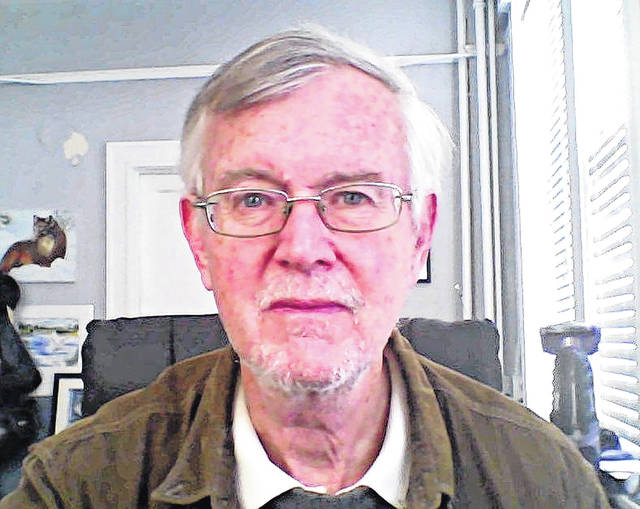Greetings from the Newberry County Literacy Council. Our summer has been busy. Ms. Barbara Chapman, the executive director, hosted the children’s camp at Wise Street Park. She led her campers through a host of different activities involving education, the arts, and recreation. This is an important summer for children because of the effect COVID-19 has had on education. Many children lost ground and need to be ready to re-engage with classroom learning this fall.
The council is also busy with plans for the fall. Once again, grant money has been found to sponsor a family literacy program to make sure families are able to work together with schools to get the very most out of the coming year for their children. The council has also been designing a writing program for adults, to assist them with all kinds of written expression. One writing initiative we hope to launch will assist older members of the community in writing their stories for their children, grandchildren, and great-grandchildren to treasure. We may also video tape these stories for families to keep.
We have also been working on two projects that involve important historical moments in the Newberry community. One is the desegregation of Newberry County schools in the 1960s and the 1969 boycott at Gallman High, the high school for black students in the county. I began doing research on this almost two years ago and now along with Ms. Chapman and Mr. Marshall Maddy of Newberry College are making a documentary about it, interviewing students and faculty who were at Gallman in 1969, and other community members who have insights about it. The second project is about the back streets, a section of downtown where over twenty thriving black businesses operated during the 1950s, 1960s, and early 1970s. Ms. Gloria Glasgow wrote an article in The Observer in February about the back streets, explaining why it was an important area for the black community. Her family ran a restaurant there and she has memories of the pride and community spirit that enveloped the back streets. Now, she, Barbara, myself, and Marshall are making a documentary film about the area, doing more research, finding pictures, and filming interviews with those who had businesses or shopped there.
These two projects should add to our knowledge of Newberry County history. Few remember the Gallman protest and how desegregation was managed or why it took six years of writing desegregation plans before a unified school system was achieved in 1970. Similarly, the back streets are a fading memory. Many of the structures that housed the black businesses are gone and there is no sign or historical marker for the area. Nevertheless, the Gallman boycott and the back streets remain important. They helped shape what Newberry is today as will be spelled out in these documentaries. It will also be clear that these are not just about black history. Desegregation of the schools and the presence of the back streets are about how Newberry dealt with racial division. They are stories about constructing barriers and dismantling them. They give all of us an opportunity to reflect on who we were and who we are now. And that is why it is important we make sure that these stories are added to Newberry history.
These stories are also about the writing of history. It is a job that is never finished. Usually, the first historical accounts of a time or place are written by, and from the viewpoint of, the advantaged. As George Orwell noted, history is written by the winners. So, original accounts are rewritten to form more complete ones. We hope our documentaries add to the historical record.
We invite any who would like to share their memories of school desegregation, the Gallman protest, or the time of the back streets to contact us. We would love to talk. Call Barbara at 803-276-8086.
We hope to have community events, after we have done more work, to show what we have done and generate some meaningful conversations about these two important parts of Newberry history.
A final note, we have been remiss in not acknowledging the importance of Jim Lander for the cause of adult literacy in Newberry. Jim died in October. He was on the Literacy Council Board when I first started working with the program in the early 1990s. He was tireless in promoting literacy and served on the Council Board for many years, including time as chair. This should not surprise anyone who knew Jim. Public service was his life. He was a model for us all. Thank you, Jim.
Until next time, Happy Reading!
Joseph McDonald is a retired sociology professor from Newberry College and has worked with the Newberry County Literacy Council for more than 20 years as a tutor and board member. The Literacy Council is located at 1208 Main Street. Visit newberryread.com, call 803-276-8086 or send an email to [email protected] for more information.

